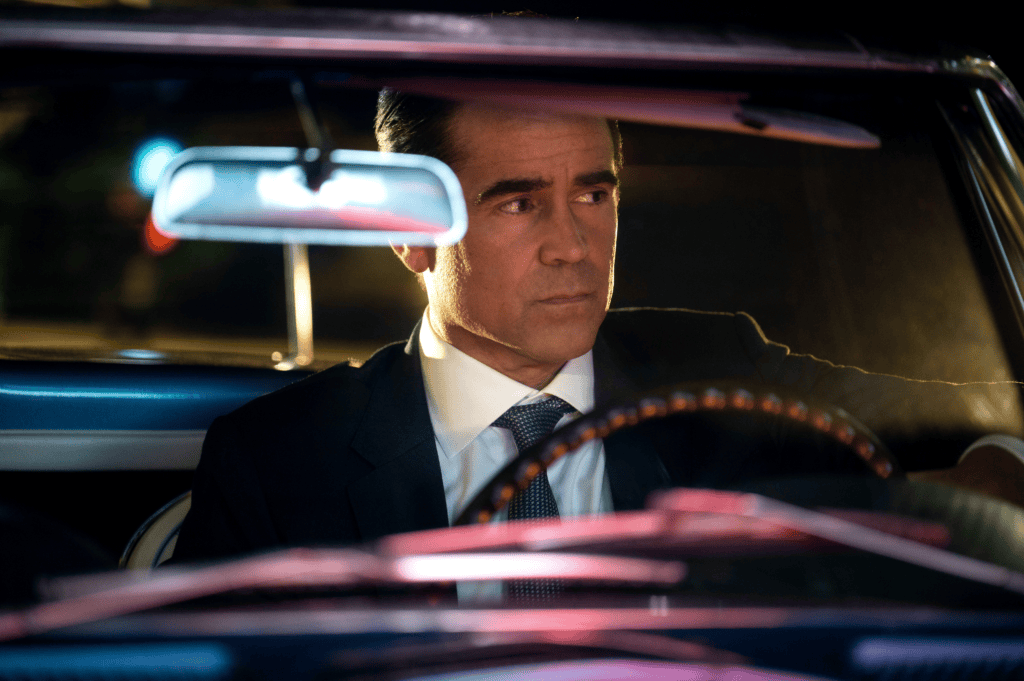Randi Altman built postPerspective from the ground up, working as Editor-in-Chief after founding the Leading Digital Magazine for the Post Production & Production communities 11 years ago. She has found her niche in interviewing the guys behind the screens, the ones who help bring all the magic together in post.
The vision was to create an Architectural Digest of the films you see – ‘how do you create these big gorgeous things but with tools that you can afford. I wanted to show what the big guys were doing to encourage the smaller guys that they could do that as well’. Her ethos is clear: ‘There’s no better way to learn than to hear from someone who’s done it’.
There is no shortage of incredible creatives that Randi has interviewed: the Editor on Netflix’s The Crown (2016-2023), the Colour and VFX Artist for Furiosa: Mad Max Saga (2024), the Colorist on Baby Reindeer (2024) and the Colorist on The Zone of Interest (2023), to mention just a few! Working on personal favourites (like Sugar (2024) starring Colin Farrell) always stand out as ‘fantastic’ interviews but ‘everyone’s different and everyone’s wonderful’. One of the benefits of doing these interviews over the years, she admits, is building relationships with interviewees who return after different projects and nurturing that trust.

‘It’s talking to the people and finding out their process… once you get them going, they love what they do and it spills out. They don’t always realise that people can learn so much from them just telling their stories’. This openness has increased in the last few years, perhaps due to social media, Randi credits, whereas interviewees from post were much more tentative when she was just starting out. Nowadays, it’s a different story: ‘They quickly realise that they are celebrities in their own right!’.
Despite being a ‘writer first’, Randi has amassed a vast bank of knowledge surrounding the tech used in the film industry, having seen it develop over the years. ‘I got to learn as the systems developed: when I started out, non-linear editing was also new, then it became digital intermediates and color, and now the tools are available to everyone’.

Randi also goes on to discuss the ways in which access to technology has democratised the industry and how traditional broadcast media is evolving alongside social media and consumer changes that go alongside it. AI inevitably comes into the conversation and Randi shares stories of people who are planning on leaving the industry for fear of losing their jobs in the future whereas others feel affirmed in the knowledge that they know how to use it (a bit like with the automated tool Loki that takes away repetitive tasks and leaves more time for other, more important ones).
On the side, Randi has been plugging away at a little script that she has been toying with for years, and whilst she has learnt a good grasp of the technology over the years, she says there are no plans to jump ship and begin working in the film industry itself: ‘I tell their stories, and I like it that way’.

